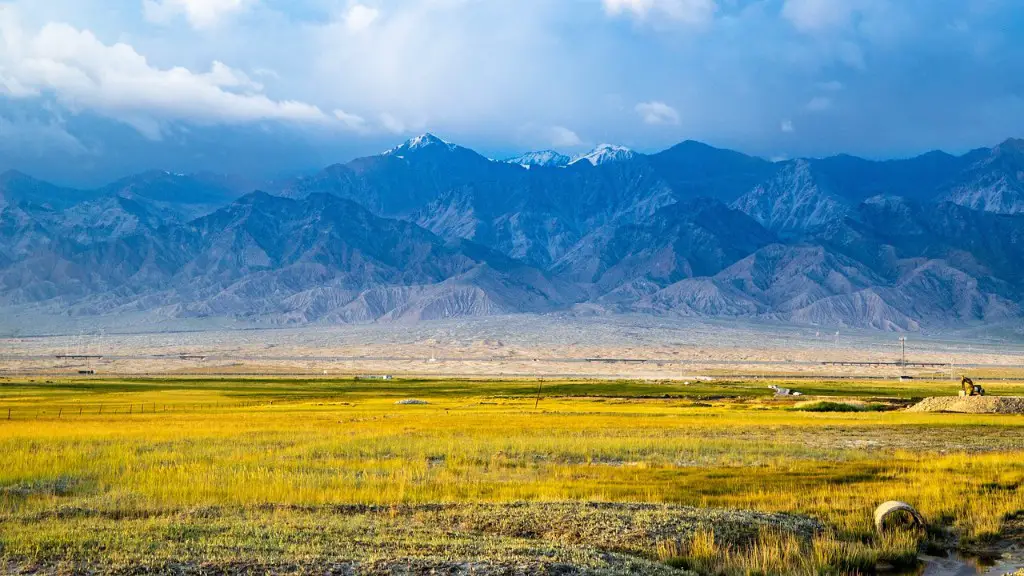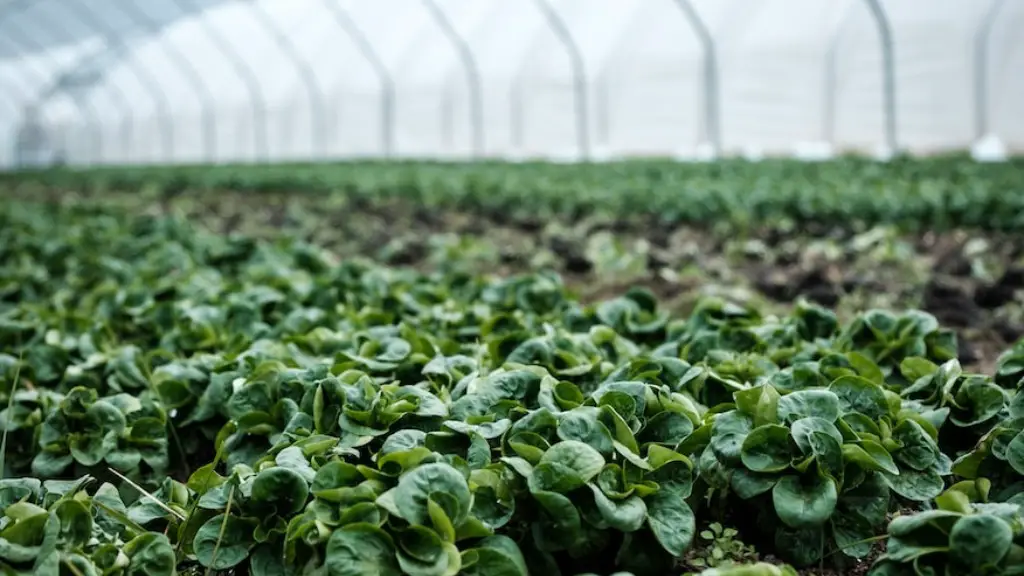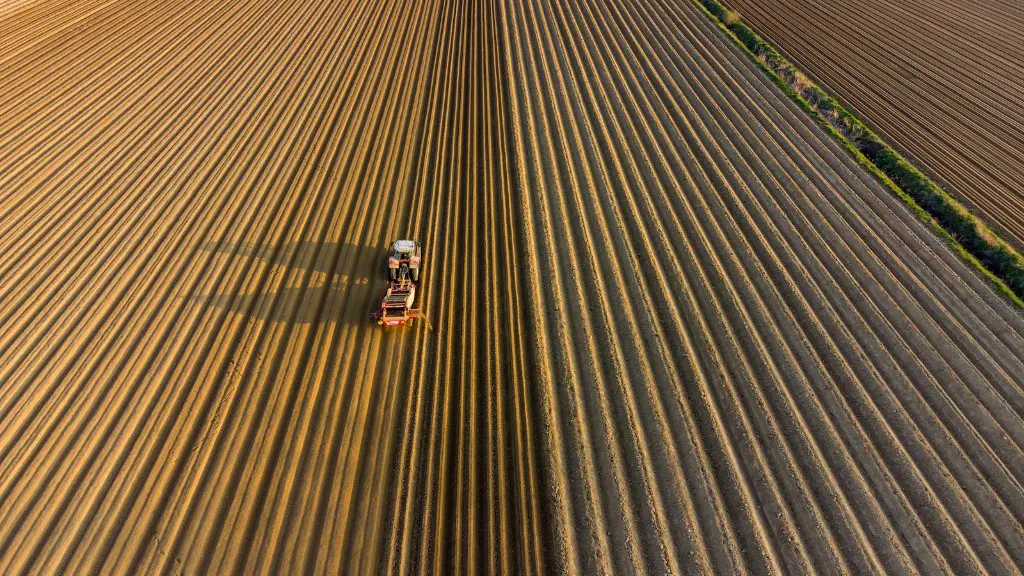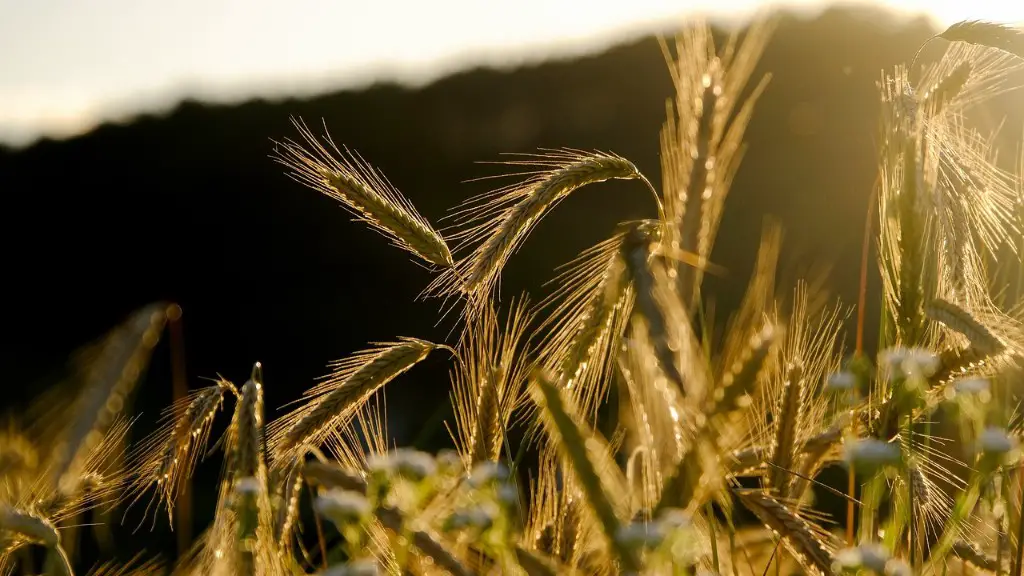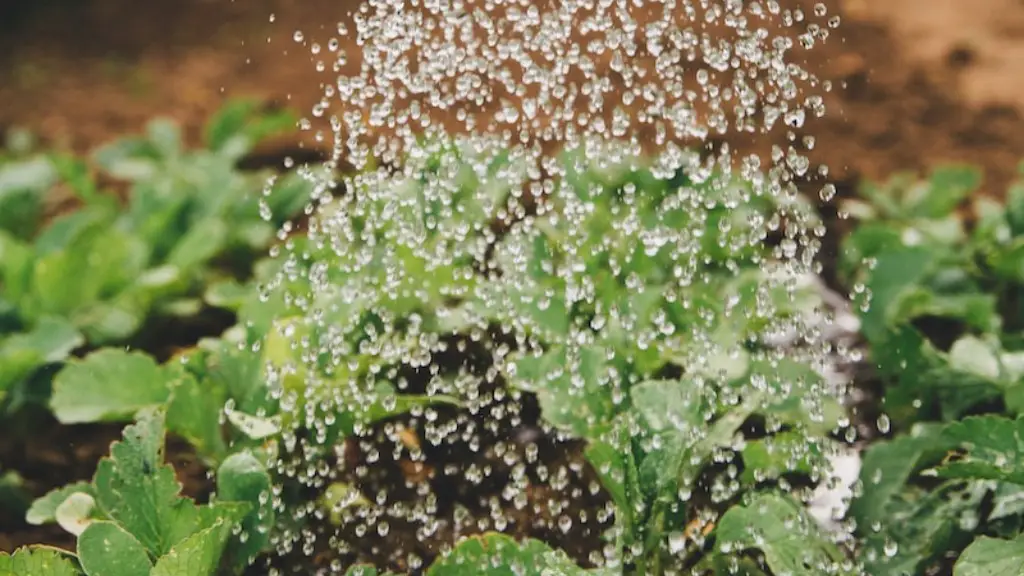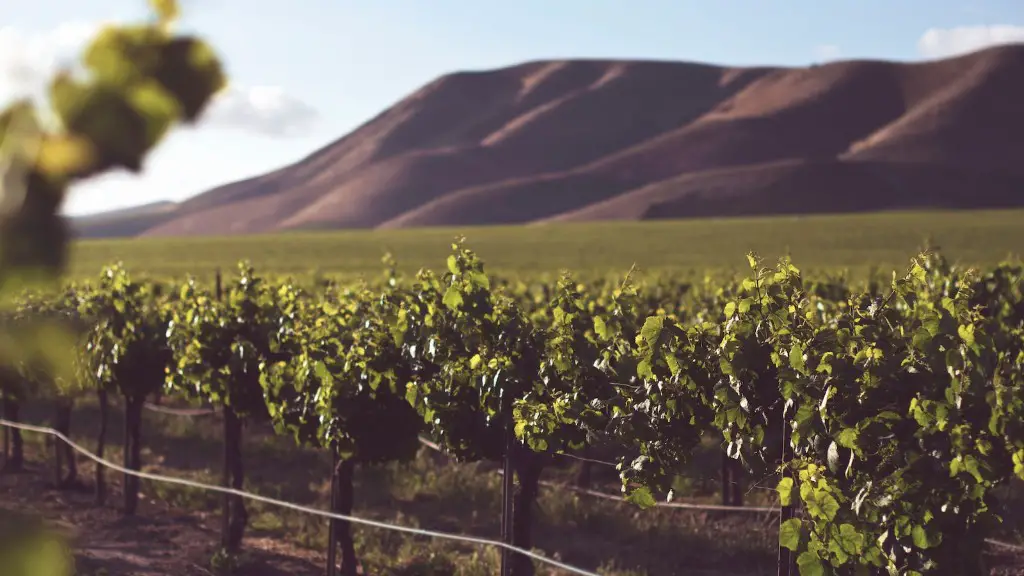Brazil is one of the world’s leading agricultural powers. Though it faces challenges posed by climate and topography, Brazil has become a top producer and exporter of key crops like soybeans, coffee, sugarcane, and wheat. The country’s vast territory and varied climate allow for a wide variety of crops to be grown. Additionally, Brazil has a large and growing domestic market for agricultural products. In recent years, the Brazilian government has made investments in the agricultural sector and implemented policies to support the industry. These factors have all contributed to making Brazil’s agriculture sector highly competitive.
There are several reasons why Brazil’s agriculture is so competitive. One reason is that Brazil has a large amount of arable land. In fact, Brazil has the largest amount of arable land of any country in the world. This gives Brazilian farmers a big advantage in terms of production. Another reason why Brazil’s agriculture is so competitive is that the country has a very diverse climate. This means that a wide variety of crops can be grown in Brazil, which gives farmers more options in terms of what to grow. Finally, Brazil has a large and growing population, which creates a big market for agricultural products.
Why does Brazil specialize in agriculture?
Brazil’s agricultural sector has undergone a transformation in recent years, driven by factors such as increased yields from agricultural research, expansion of arable land, and investments in production technologies by the government and private sector. This has led to increased global demand for Brazilian food products.
Climate change is a major economic risk for Brazil, as 90% of its agriculture is rainfed. When the temperature gets warmer, plants grow faster and release more water vapor into the air from their leaves as a byproduct of photosynthesis. This can lead to droughts, heatwaves, and other climatic interruptions that can have a major impact on the economy.
What are the challenges in Brazilian agriculture
Brazil’s economy has been growing rapidly in recent years, but this growth has not been evenly distributed. The country faces significant challenges in sustaining productivity and production growth, while ensuring that such growth is reconciled with the country’s poverty and inequality reduction objectives and the need for environmental sustainability.
There are a number of factors that contribute to Brazil’s productivity and growth challenges. Firstly, the country has a large informal economy, which makes it difficult to track and tax economic activity. Secondly, Brazil’s infrastructure is insufficient and in need of significant investment. This lack of infrastructure hinders the country’s ability to transport goods and services and connect businesses with markets. Thirdly, the Brazilian education system is not adequately preparing the country’s workforce for the demands of the modern economy. Finally, Brazil faces significant environmental challenges, including deforestation, water shortages, and air pollution.
addressing these challenges is essential for Brazil to continue its economic growth and development. Failure to do so could result in stagnation or even reversal of the progress the country has made in recent years.
Agriculture plays a vital role in the economy of Brazil, with the country being one of the world’s leading exporters of a variety of crops. The main crops grown in Brazil include oranges, soybeans, coffee, and cassava, with the majority of these crops being grown in the southern and southeastern regions of the country. Brazil’s agricultural sector has been greatly bolstered by government policies and investments, making it one of the most efficient and productive agricultural industries in the world.
How are Brazilians able to farm efficiently?
Brazilian farmers have adopted various technologies to improve crop yields and efficiency. Seed technology, crop rotation, double cropping, and precision agriculture are some of the main practices used. Crop protection and fertilizer are also used to maintain high outputs.
The availability of cheap labor and abundance of raw materials has helped Brazil in its industrial development. Brazil has a large population of young people who are willing to work for relatively low wages, and it also has a large amount of raw materials, such as iron ore, that can be used to produce steel. These factors have helped Brazil to develop its steel industry, which is now one of the largest in the world.
What factors limit farming in Brazil?
Brazilian exports have been surging in recent years and this is providing growing competition for US farm products. However, there are significant constraints to this growth, including Brazil’s booming domestic consumption, strong currency, restrictions on foreign investment, and poor infrastructure. This is making it difficult for Brazilian exports to compete with US products in the global market.
Most Brazilian municipalities face environmental problems, and among the main ones are fires, deforestation and silting of rivers. This is a major concern because these problems can cause a lot of damage to the environment, and they can also lead to health problems for people who live in these areas.
What are the weaknesses of Brazil’s economy
The problems in infrastructure, especially in ports, roads and logistics, result in low levels of public and private investment, and an uncompetitive economy with a low degree of innovation. The complex tax system and the excessive regulation result in an uncompetitive economy with a low degree of innovation.
Brazil is a vibrant democracy, but there are several threats to its democratic rule. Freedom of expression and access to information are under attack, and Covid-19 has exacerbated existing problems with detention conditions and public security. Additionally, military-era abuses continue to be a problem, and sexual orientation and gender identity discrimination are still prevalent. Finally, women’s and girls’ rights are often not respected, and they face significant barriers to achieving equality.
Why do many Brazilian farmers suffer from poverty?
The Brazilian government has worked to promote economic development through initiatives such as the(Bolsa Família) which is a social welfare program that provides financial assistance to low-income families. However, many Brazilian farmers still suffer from poverty due to the poor quality of the soil in the sertão and the lack of grazing land. This has led to a lack of productivity and an inability to compete with larger, more well-equipped farms.
The Brazilian economy is expected to experience a significant slowdown in growth in 2023, despite a strong rebound in 2022. This is due to rising poverty, desperation, and food insecurity in the country. In spite of these challenges, Brazil’s economy is still expected to grow by around one percent in 2023.
Is Brazil’s agriculture sustainable
The Brazilian government has taken great strides in recent years to develop and promote sustainable farming practices across the country’s agricultural sector. As a result, Brazil is now a world leader in sustainable agriculture, and is helping to lead the way towards a more sustainable future for all.
China, India, and the United States are the world’s top agricultural producers, accounting for more than half of the world’s total production. Brazil is the fourth largest agricultural producer, accounting for about a tenth of the world’s production. These four countries produce a wide variety of crops, including wheat, rice, corn, soybeans, and potatoes.
Which country is No 1 in agriculture?
China is the world’s leading producer of fruit, vegetables, cereals, cotton, eggs, and poultry. The country has only 10% of the world’s arable land, but produces a quarter of the global grain output. China’s climate, soil, and water resources make the country uniquely suited to agriculture production.
Brazil is a major agricultural producer, and the sector contributes heavily to the country’s growth. Between 1996 and 2006, the value of output in Brazil’s agricultural industry nearly quadrupled, and the country is now one of the world’s largest net exporters of grain, soybeans, beef, oil and iron ore. The Brazilian government has implemented a number of policies and programs to support the sector, including investments in research and development, infrastructure, and market access.
What are 3 things that contribute to Brazil’s growing economy
Brazil is the world’s second-largest producer of iron ore and the third-largest producer of bauxite. Brazil’s agricultural sector is strong, and the country is a leading producer of coffee, oranges, sugarcane, tobacco, beans, and corn. The manufacturing sector is also robust, with Brazil being a leading producer of airplanes, automobiles, and textiles. The service sector is booming, and tourism is a significant contributor to the economy. Brazil is a major player in the global economy, and its prospects for continued growth are strong.
Looking back, in the year of 1960, Brazil had a population of 725 million people. The main factor behind the rapid population growth since 1960 is immigration both from Europe and Africa, as well as other points of the world.
Final Words
There are numerous reasons for why Brazil’s agriculture is so competitive. For one, Brazil is the largest country in South America and has a landmass that is ideal for farming. The climate is also suitable for a wide variety of crops, and the country has access to both the Atlantic and Pacific oceans, which provides a year-round growing season. In addition, Brazil has a large labor force that is willing to work in the agricultural sector. The government has also been supportive of the agricultural industry, investing in research and development and providing subsidies and tax breaks to farmers.
Brazil’s agricultural sector is very competitive because of the country’s large area of arable land, its ample water resources, and its favorable climate. The sector is also well developed, with a strong focus on research and development, and benefits from government policies that promote agricultural production. all of these factors make brazil a major force in global agriculture.
